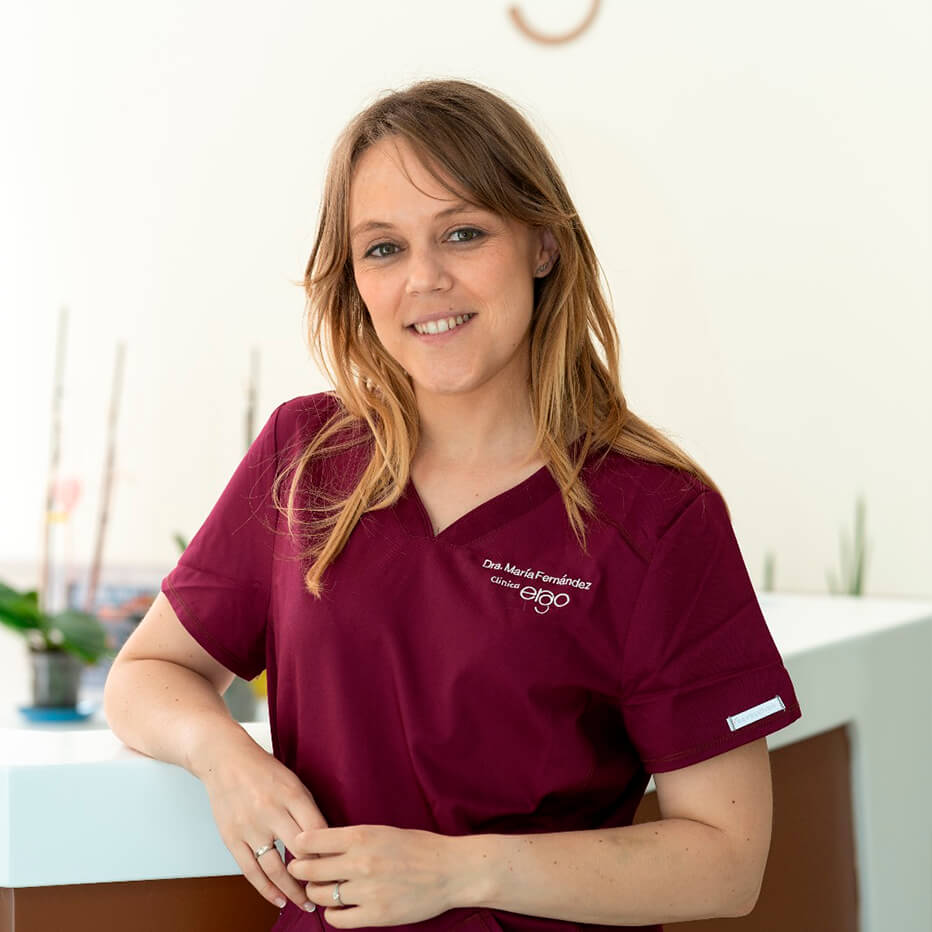Preimplantational genetic diagnosis PGD
Technology at the service of patientsPGD genetic diagnosis in Gijon, Asturias
What is the DGP?
PGD or Preimplantation Genetic Diagnosis (currently called PGT) is a laboratory technique that allows the analysis of genetic alterations (monogenic and chromosomal mutations) in the DNA of embryos before their transfer to the mother.
What types of PGD are there?
We must differentiate between two types of PGD. The detection of monogenic diseases (PGD or PGT-M) and the detection of chromosomal aneuploidies (PGS or PGT-A).
The latest technology at your fingertips
Disease and aneuploidy detection
Achieve your dream of becoming a mother and father
Detection of monogenic diseases (PGD or PGT-M)
These tests are aimed at detecting diseases caused by point mutations that can be inherited from parents. They generally involve a pre-cycle informativity study performed by analyzing the DNA of the prospective parents and, in specific cases, of first or second-degree relatives if necessary. Once the specific mutation has been identified, the in vitro fertilization cycle is performed, the embryos are biopsied, and the cells are sent to the genetic analysis laboratory where, through molecular studies, the specific mutation being sought is detected. Once the results are received, embryologists prepare for transfer those embryos that have been reported as disease-free.
It should be noted that this technique cannot be used for any type of disease. The law of assisted reproduction in our country is very restrictive and only allows the selection of embryos whose pathology meets the following characteristics:
- Early onset disease
- Incompatible with life
- Not amenable to medical treatment
Based on this, there is already a list of pathologies for which embryo selection is allowed (such as cystic fibrosis, thalassemias,…) but for many others it is necessary to request express authorization from the National Commission on Assisted Reproduction. At the ERGO Clinic we have extensive experience in these genetic cases, so preparing such documentation does not entail much time or inconvenience for patients, our team takes care of everything.
In addition, our PGT-M cycles include, at no additional cost, the detection of chromosomal alterations in the embryos. That is, an embryo may be free of the disease being sought, but could have alterations in the number of chromosomes, resulting in a negative pregnancy test or a first trimester abortion (as with any embryo unrelated to the disease); for that reason, we have incorporated the detection of these chromosomal alterations from free of charge, so that not only the embryo is free of the pathology, but also increases the probability of being evolutionary.
Aneuploidy detection (PGS or PGT-A)
They are aimed at detecting numerical or structural chromosomal alterations. It is a much simpler process than the previous one since, due to the nature of the patients susceptible to this technique, the previous analyses required are only karyotyping and/or sperm aneuploidy studies such as FISH of spermatozoa or cytometry for aneuploidies.
Patients susceptible to this treatment are:
- Patients with previous IVF cycles with good quality embryos without achieving pregnancy.
- Patients with repeated miscarriages
- Patients with implantation failure
- Patients with altered karyotypes
- Patients with altered sperm aneuploidy (FISH or cytometry)
- Previous pregnancies with detection of fetal chromosomal abnormalities
- Patients with high maternal age(over 38 years old)
One of the alterations that can be detected by performing this study is the trisomy of chromosome 21 (Down syndrome); in this case it is observed that the embryo, instead of having two chromosomes of the 21st pair, has 3. A similar picture is observed for Patau’s syndrome or Edwards’ syndrome, as well as chaotic alterations that are often associated with implantation failure or repeated miscarriages, among many others.
Procedure
The PGD or PGT technique is the result of the combination of in vitro fertilization, pre-embryonic cell biopsy by means of micromanipulation and cytogenetic and molecular diagnostic techniques.
- Preliminary phase: in this phase, genetic characterization tests of the disease to be diagnosed or karyotyping of patients are performed, in order to have as much information as possible prior to the application of PGD, either for monogenic diseases or chromosomal alterations.
- Embryo procurement: this involves obtaining the embryos that will be the object of the diagnosis. They must be produced “in vitro” by assisted reproduction techniques even though the couple does not present any type of reproductive anomaly that prevents natural reproduction (a regular in vitro fertilization cycle).
- Embryo biopsy: embryo biopsy is performed at the blastocyst stage. It consists of removing 4-6 cells from the trophoectoderm of the blastocyst without compromising the normal development of the embryo. Once the biopsy has been performed, the embryos are vitrified while awaiting the results, which usually take between 7 and 15 days depending on each case.
- Genetic diagnosis and embryo transfer: the biopsy obtained is processed for analysis and subjected to genetic study to detect the desired alterations. The result obtained from the genetic analysis indicates which embryos are transferable (free of the disease or without chromosomal alterations) and which are not, proceeding then to the endometrial preparation of the girl, devitrification and transfer.
Specific PGD laboratory
The value of the single sample”. That is our motto when performing a technique of this type. Embryologists who biopsy embryos must have specific training in this field to be able to perform such a critical and delicate process with guarantees, as is the case of our Senior ESHRE embryologists Abel and Maria. Therefore, entrusting the subsequent analysis of this valuable material cannot be entrusted to just any analytical laboratory. At the ERGO Clinic we only trust the best, those who have been analyzing thousands of embryos from all over the world for years and who are accustomed to receiving representative cells sent with all that love.
Complementary tests to increase success rates
The correct genetics of the embryo is critical to achieving a successful pregnancy, but there are other factors that can affect success rates. For this reason, at ERGO we leave nothing to chance and we offer the possibility, according to each case, of doing complementary tests so that pregnancy is achieved at the first attempt..
– Molecular study of the endometrium: locates the exact window of implantation (which lasts only 6-12h of the entire menstrual cycle) and reports the presence of pathogenic endometrial bacteria. Both parameters are fixed before the transfer is made.
– Use of EmbryoGlue: this is a specific embryo culture medium for the time of transfer. As its name suggests, it acts as a “glue” between the embryo and the endometrium thanks to the hyaluronic acid molecule that is part of its composition.
– Diagnostic hysteroscopy: the involvement is not very high, but in certain cases it is indicated to verify that the uterine morphology is correct.
Probably your case is special; it is normal, genetics is as capricious as it is beautiful. Come and see us, explain us your case and we will inform you naturally on how to help you. A free appointment, with no obligation and with the guarantee that you will be attended by embryologists who are experts in reproductive genetics.
Need more information?
We are a team of more than 15 professionals specialized in assisted reproduction and women’s health. Do you have any doubts? We invite you to meet us, your first visit is totally FREE.

